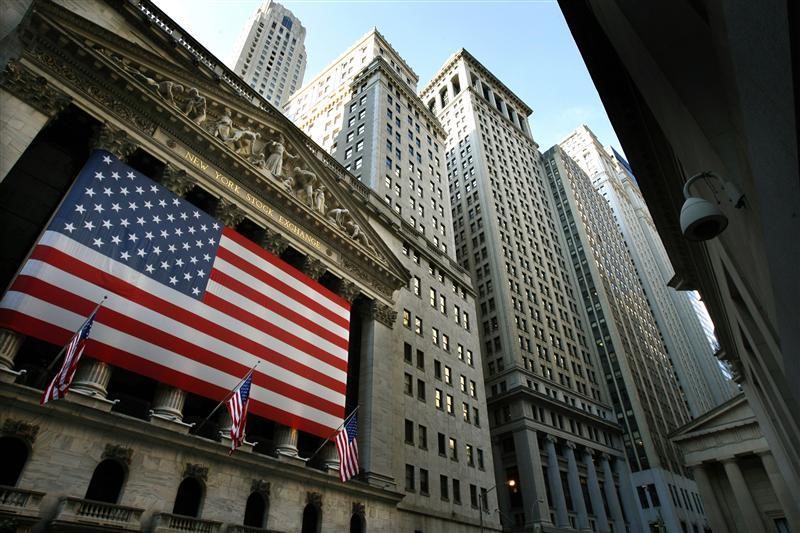Moody’s downgrades Senegal to Caa1 amid rising debt concerns
Investing.com - The S&P 500 rose Thursday, as President Trump announced a trade deal between the U.S. and the U.K., which he described as the "first of many," stoking hopes for a flurry of trade deals ahead.
At 4:00 p.m. ET (20:00 GMT), the Dow Jones Industrial Average rose 254 points, or 0.6%, the S&P 500 index climbed 0.6%, and the NASDAQ Composite added 1.1%
U.K-U.S. agree trade deal framework
Trump signed a framework for a trade deal with the United Kingdom (TADAWUL:4280), raising hopes that the Trump administration’s chaotic trade policies could soon be settling down.
“It’s very conclusive and we think everyone’s going to be happy,” Trump said. “Many countries want to make a deal, and many countries are very unhappy that we happened to choose this one,” he said.
Thursday’s trade deal is the first after Trump in early-April announced a barrage of "reciprocal" trade tariffs against major U.S. trading partners. He had later announced a 90-day exemption from the tariffs amid widespread backlash.
The U.K. was not subject to Trump’s reciprocal tariffs, although it still faces a 10% universal duty, as well as his steep sectoral tariffs.
This followed news that U.S. officials were set to meet their Chinese counterparts over the weekend for trade talks.
Fed’s Powell flags heightened risk
The Fed kept interest rates steady as widely expected on Wednesday, but warned that risks of higher inflation and unemployment had increased, further clouding the economic outlook in the face of Trump’s trade tariffs.
Chair Jerome Powell said it was unclear if the economy would continue to grow steadily, or shrink due to a potential spike in inflation.
Powell flagged heightened uncertainty over just what Trump will do with his tariff agenda, and signaled that the central bank will not make any changes until the outlook was clear.
That said, the Fed chief also noted that the U.S. economy remained relatively resilient.
The number of Americans filing new applications for unemployment benefits fell more than expected last week, as initial claims for state unemployment benefits dropped 13,000 to a seasonally adjusted 228,000 for the week ended May 3, the Labor Department said on Thursday.
Economists had forecast 231,000 claims for the latest week.
Packed earnings week continues
This packed earnings week continued Thursday.
Warner Bros Discovery (NASDAQ:WBD) stock rose 5% even as the media giant missed first-quarter revenue estimates, weighed down by a lack of big box office hits and weakness in its traditional TV business.
Kenvue (NYSE:KVUE) shares jumped 4% after the consumer health company beat first-quarter expectations, as strong demand for its self-care products including cough and cold medicines Tylenol and Benadryl helped offset a fall in demand for its skin health and beauty products.
Restaurant Brands (NYSE:QSR) stock ended slightly lower after it missed first-quarter revenue and profit estimates, hurt by sluggish demand at its restaurant chains such as Burger King and Tim Hortons.
Peloton (NASDAQ:PTON) stock dropped more than 6% after the fitness company reported a loss in the third quarter, even as it raised its 2025 revenue forecast, banking on an increase in subscriptions for its instructional videos to offset slowing demand for its exercise equipment.
Tapestry (NYSE:TPR) stock climbed nearly 4% after the owner of fashion brands like Coach and Kate Spade raised its annual outlook following a beat in the fiscal third quarter.
Additionally, Applovin (NASDAQ:APP) soared nearly 12% after the mobile technology company topped expectations with its latest quarterly results and announced that it’s agreed to sell its mobile gaming business.
Arm Holdings (NASDAQ:ARM) dropped 6% after the semiconductor name issued disappointing guidance.
(Ambar Warrick and Scott Kanowsky contributed reporting.)
